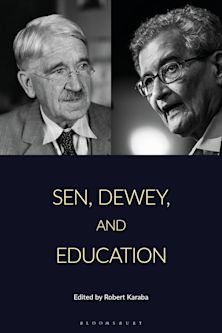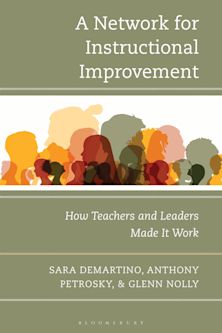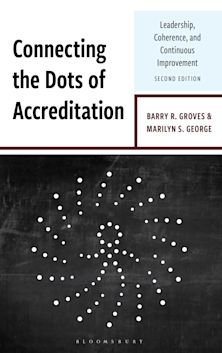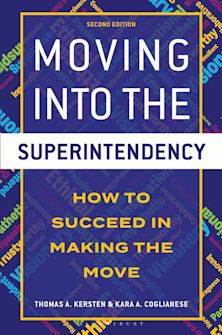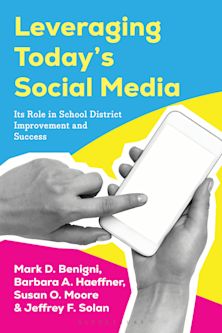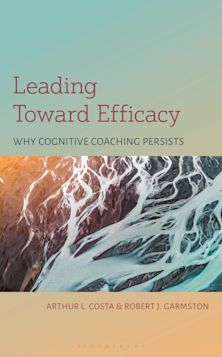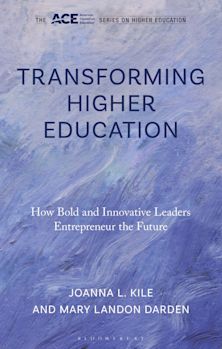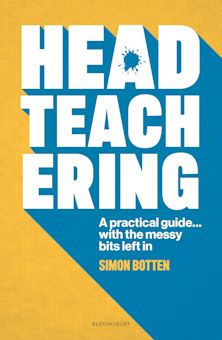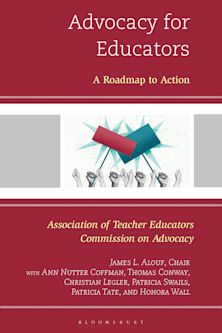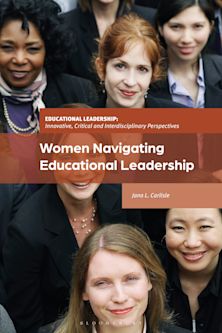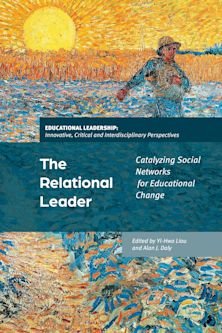Thinking with Michel Foucault in Educational Leadership
Methodological and Conceptual Challenges
Thinking with Michel Foucault in Educational Leadership
Methodological and Conceptual Challenges
This product is usually dispatched within 10-14 days
- Delivery and returns info
-
Free UK delivery on orders £30 or over
Description
This book brings together key scholars using Foucault in educational leadership to provide an overview of his methodologies, concepts, and examples of applications. Written for both those new to and experienced with Foucault's work, this book explores new avenues to understand, critique and explore relevant issues in educational leadership. The book features chapters from academics and practitioners based in Australia, Denmark, Italy, the UK and the USA, and includes chapters on global education leadership, decolonial leadership, gender, and digital education governance.
Table of Contents
Acknowledgements
Introduction: Bringing the Work of Michel Foucault to Educational Leadership and Policy, Richard Niesche (UNSW Sydney, Australia) and Denise Mifsud (University of Bath, UK)
1. Michel Foucault and Educational Leadership: The State of the Field and Where to from Here?, Denise Mifsud (University of Bath, UK), Richard Niesche (UNSW Sydney, Australia) and Adam Bongers (UNSW Sydney, Australia)
2. Feeling the Way in the Dark: Archaeological Research in Educational Leadership, Adam Bongers (UNSW Sydney, Australia)
3. Subjectivation as Ethopoiesis. A Tool for Critical Social Research, Roberto Serpieri (University of Naples Federico II, Italy)
4. Foucault, Decolonial Thinking and Critical Leadership Studies in Education: Expanding the Epistemic and Ontological Toolbox, Francesca Peruzzo (University of Birmingham, UK) and Emanuela Spanò (University of Cagliari, Italy)
5. Inanimate Leadership: The Ability of Inanimate 'Things' to Govern in Education, Christina Gowlett (The University of Queensland, Australia)
6. Doing Dispositive Analysis on Educational Policy: Applying Inclusive Politics as an Example, Bjørn Hamre (University of Copenhagen, Denmark)
7. 'What's Happening to Me?': School Leaders Resisting the Impossible Bargain, Chris Dolan and Robert Hattam (University of South Australia, Australia)
8. Experiencing the Dispositif of Educational Leadership: Performativity and the Ethics of Leading Critically, Saadia Adnan and Stephen Kelly (University of Adelaide, Australia)
Product details

| Published | 22 Jan 2026 |
|---|---|
| Format | Hardback |
| Edition | 1st |
| Extent | 320 |
| ISBN | 9781350471887 |
| Imprint | Bloomsbury Academic |
| Illustrations | 10 bw illus |
| Dimensions | 234 x 156 mm |
| Series | Social Theory and Methodology in Education Research |
| Publisher | Bloomsbury Publishing |
Reviews

ONLINE RESOURCES
Bloomsbury Collections
This book is available on Bloomsbury Collections where your library has access.














